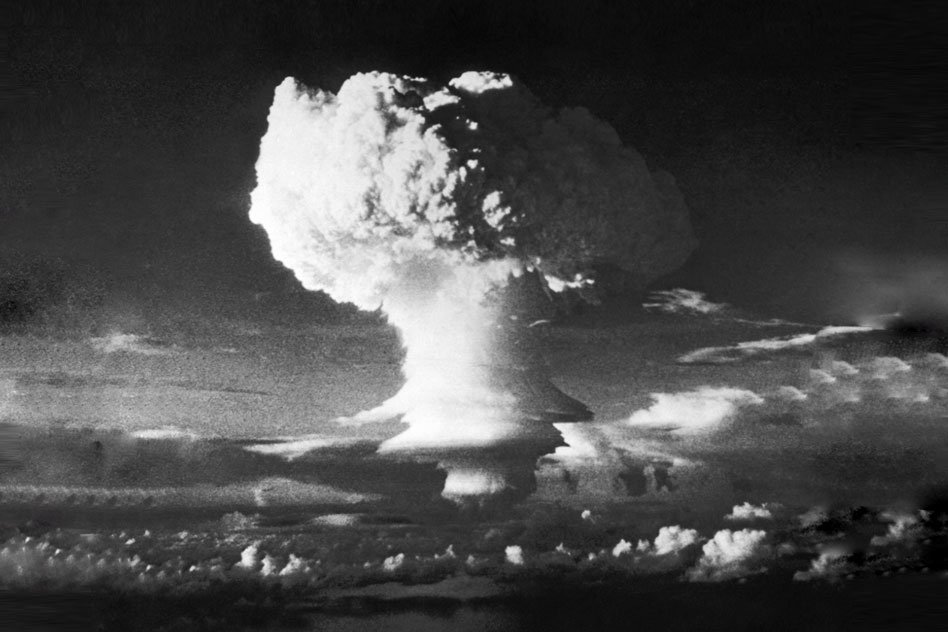
The World Might Have Entered Into Another Epoch - The Anthropocene
8 Sep 2016 6:47 AM GMT
On August 29, an expert group at the World Geological Congress in Cape Town recommended that the new epoch – Anthropocene – be officially declared. It claimed that the time had come to ring down the curtain on the Holocene, the current epoch, and recognising that Earth has entered a new one, the Anthropocene.
What is an epoch?
Epoch is a subdivision of the geologic timescale. Others are era, age, period and so on. Geological history of the earth has been through many such epochs like Paleocene, Miocene, Pleistocene, Holocene, etc. Currently we are living in Holocene epoch.
Holocene
The Holocene epoch began 12,000 years ago at the end of the last ice age. This is a climatically and geologically stable period. It encompasses the growth and impacts of the human species worldwide, including all its written history, development of major civilizations, and overall significant transition toward urban living in the present.
Anthropocene
Recently, there has been a growing consensus among geologists that we are living in a new geological epoch marked by the impact human beings have had on Earth since the 20th century. As its name suggests, the point of this new epoch would be to acknowledge that humans, far from being mere passengers on the planet’s surface, now fundamentally affect the way it works.
Doom inching closer
Since the 1950s, human beings have begun to alter the earth’s surface and atmosphere in significant ways. Significant geological changes, which usually take thousands of years, have occurred in less than a century.
The unprecedented increase in the extinction rates of flora and fauna, large amounts of radioactive material in the atmosphere and the surface of the earth (caused by nuclear testing), an increase in atmospheric carbon dioxide and an unprecedented amount of plastic in the earth’s surface and on the ocean floor testify the claim.
There has been expansion of food production. In 1750 about 5% of the Earth’s surface was farmed. That figure is now around 50%. This has huge costs in terms of changes in the nature of the soil. In addition to this, dams hold back billions of tonnes of silt. As a result, river deltas everywhere are shrinking.
When does Anthropocene start then?
The group pushed for high point of nuclear-weapons testing since 1950s as the starting point of the new epoch. Fallout from those tests scattered plutonium, an element vanishingly rare in nature, far and wide across the planet. At the congress, the AWG’s members voted for this “bomb spike” to be the marker. That makes the Anthropocene more than half a century old already.
So is it official?
Not yet. The proposal must make its way through several strata of geological bureaucracy. The last step will be a vote at a meeting of the International Union of Geological Sciences. If that passes, then we can claim to be officially in the new epoch.
Opportunity
The new age also presents an opportunity. The hope now is that humankind and its leaders can collectively and consciously take their new responsibility seriously. With climate change consciousness emerging among societies and governments all across the world, this presents as a good opportunity to self-introspect and engage in positive manner to save humankind from our own made kalyug.
 All section
All section













